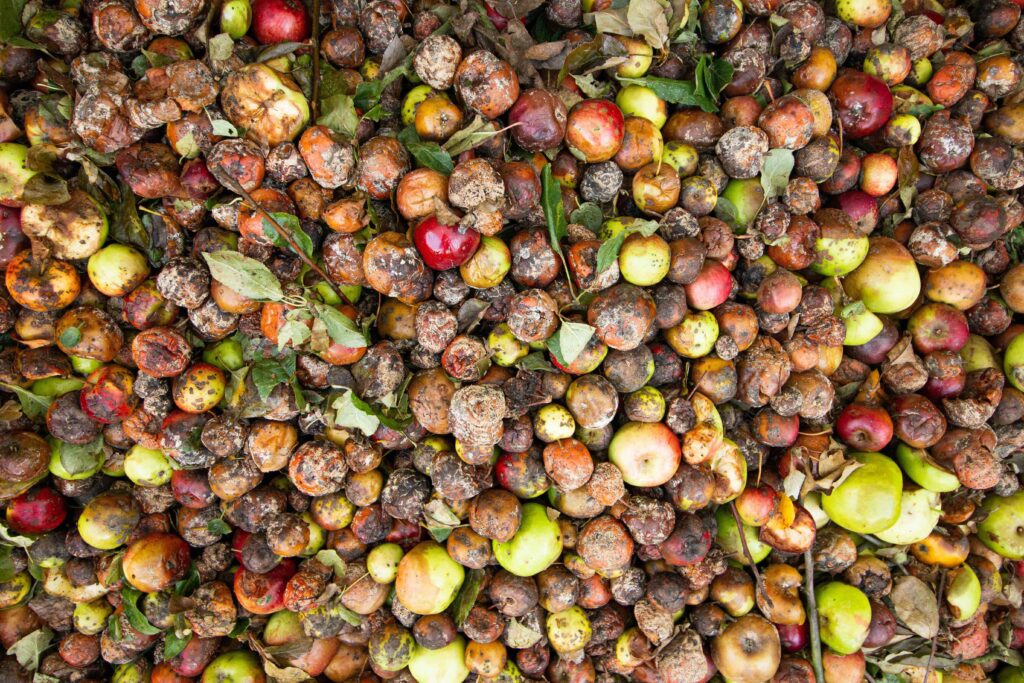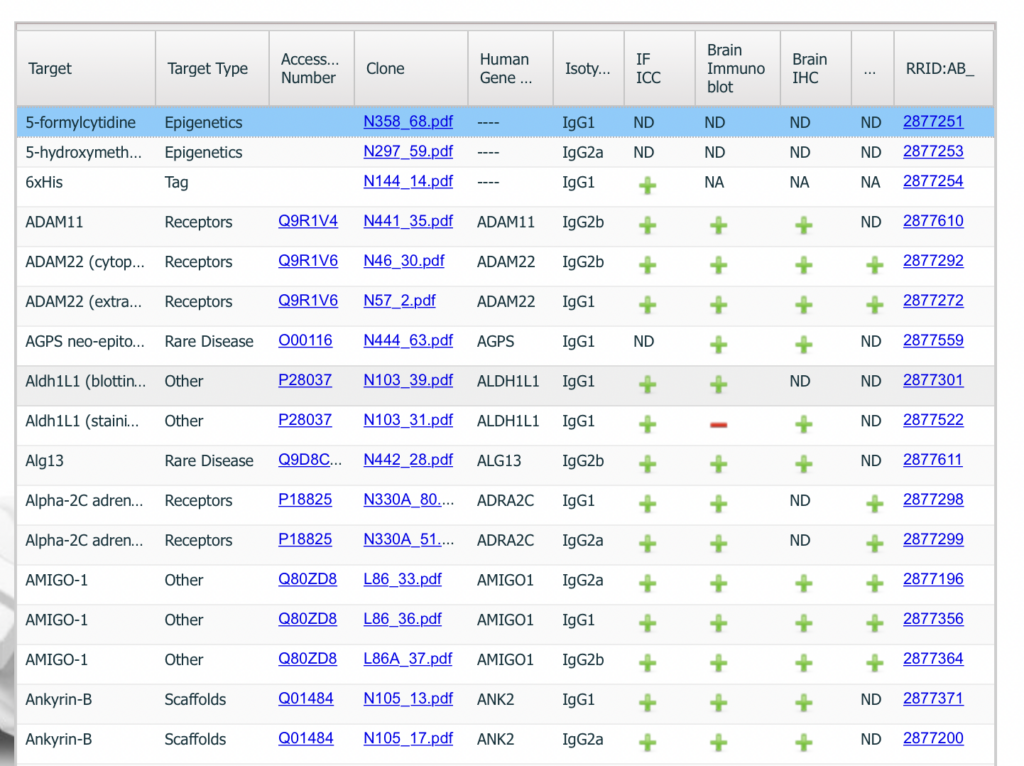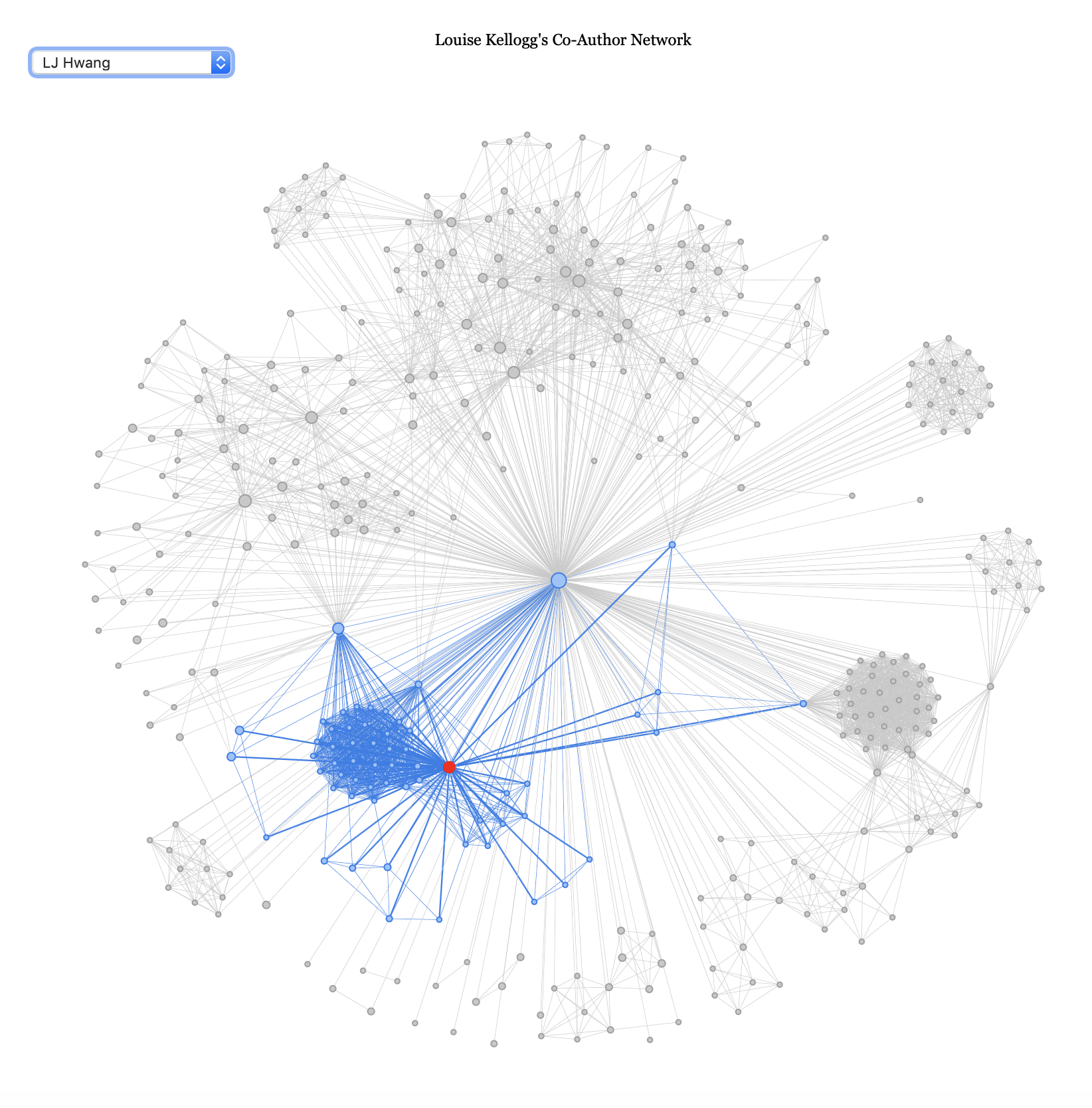DataLab is pleased to announce our 2022 start-up and interdisciplinary project partners! These research collaborations pair domain area researchers with DataLab’s data scientists to gather data and/or perform preliminary exploration and hypothesis testing to make rapid progress on a data-intensive research problem. This spring quarter students from DataLab’s Adventures in Data Science course, offered through the University Honors Program, are joining DataLab staff to assist with these incubator projects and utilize their skills for real-world research. The 2022 project partners represent the fields of food science and technology, humanities and arts, veterinary medicine, physiology, and economics.
To view the initial call, click here. If you have an idea for your own start-up project, keep an eye out for our next call for applications in fall 2023! And, you can learn more about DataLab’s experiential education offerings in this recap of last year’s Adventures in Data Science series.
New Spring 2022 Projects

Environmental Cost of Food Loss in Agriculture
PI: Professor Ned Spang (Food Science and Technology)
About 30-40% of all food produced in the United States is lost or wasted during the stages of production. This project utilizes web scraping and pdf table extraction implementation to quantify these losses. Data derived from this project will contribute to identifying approaches and solutions for investigating and analyzing the environmental impacts of food loss and waste (FLW) in California agriculture.

Household Books Project
PI: Professor Lynette Hunter (Cultural Studies, Theater & Dance)
The Household Books bibliography, compiled by a wide collaborative network of researchers, features British printed books by women about food and its related socio-economic and technological conditions of production. This “data rescue” project will convert the existing depreciated database to a stable, open-access archival platform to ensure long-term accessibility and usability.

BioPortal Expansion
PI: Professor Beatriz Martinez (Veterinary Medicine)
The Disease BioPortal dashboard provides data to researchers, veterinarians, and farmers interested in tracking and analyzing disease outbreaks in livestock. This expansion of a prior start-up project will enable the acquisition of new data sources from various social platforms, and support the development of more contextually-sensitive language models for predicting and detecting disease.

Literature on medical antibody research
PI: Professor James Trimmer (Physiology)
UC Davis hosts an NIH funded facility, NeuroMab, which generated extensively validated mouse monoclonal antibodies (mAb) for research on the mammalian brain. To track the research use of this facility’s derived mAb, the NeuroMab team manually created a database of over 3,500 articles published over the last decade. However, this list is incomplete due to search platform limitations and methods reporting irregularities across journals and publications, making it difficult to quantify trends and new developments in research utilizing mAb. To tackle this challenge, DataLab will apply full-text text mining and natural language processing methods to enhance bibliometric data collection.

Alignment of member state position at the WHO with private sector advocacy documents
PI: Professor Katheryn Russ (Economics)
DataLab is applying text extraction, parsing, and modeling to analyze a corpus of proceedings documents from the World Health Organization to interrogate how lobbying by private sector actors shapes global health governance. A related goal of this project is to assess the influence of corporate actors on local US public health policy.





